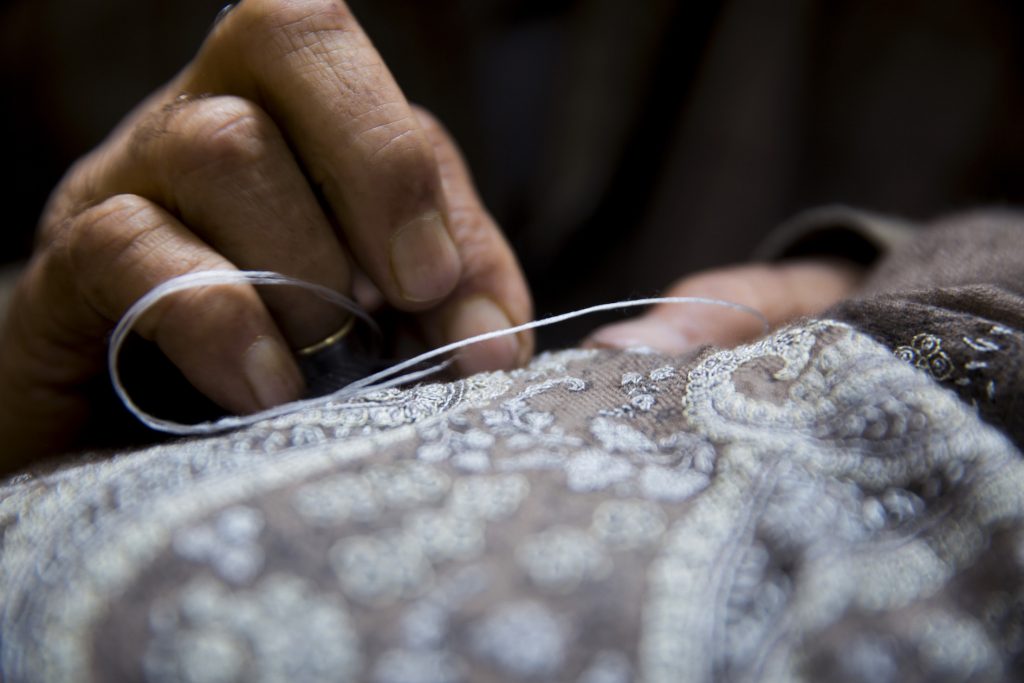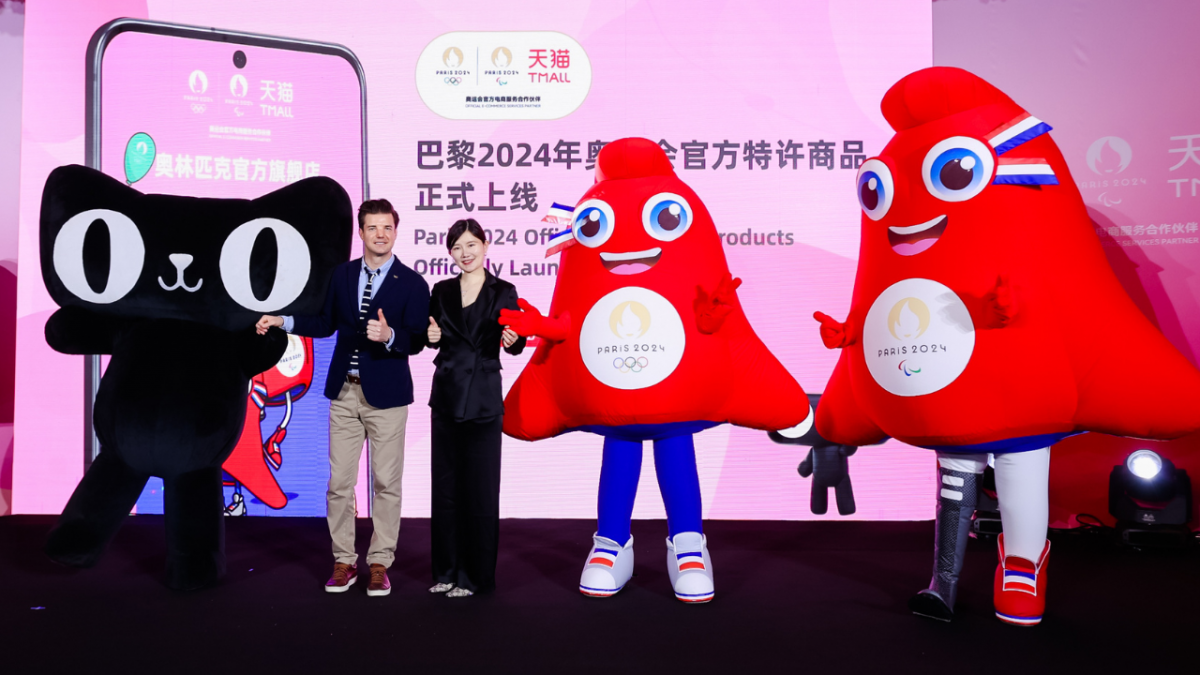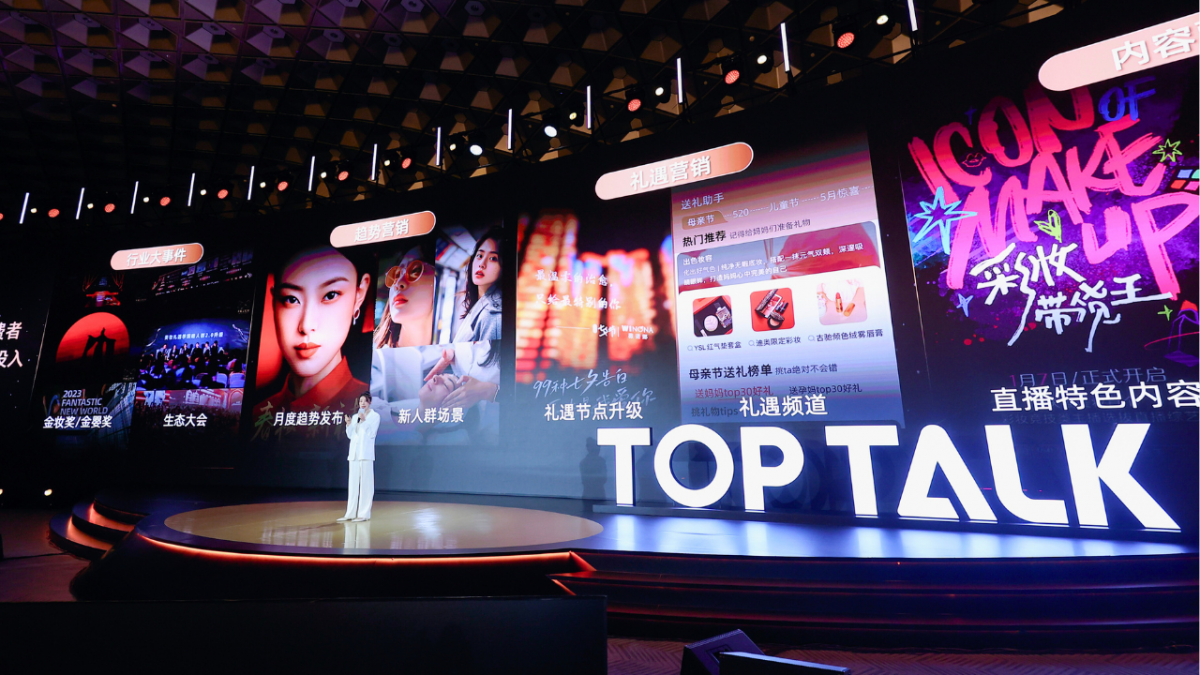
Late last month, Chinese entrepreneur Li Yilin live-streamed for seven consecutive hours on Taobao, marketing artisanal cashmere scarves to about 33,000 viewers watching from their mobile phones.
While the length of the broadcast was not unusual for China’s leading online marketplace, there was something else that made it stand out: Li was making her pitch from Kashmir, the birthplace of cashmere craft.
Li, a Chinese national better known as Dayao, the name under which she runs her Taobao store, broadcast straight from a scarf maker’s home in Srinagar, the Indian state’s capital. Displaying 31 scarves over those seven hours, she took orders in real time, racking up about RMB 100,000 ($15,738) in sales that day, or $508 for each one.
That turnover was a big reason for Li’s choice of venue. She wanted to source the best-made scarves for a Chinese consumer whose tastes have grown increasingly sophisticated, but also to use her direct access to Kashmiri craftsmen as a way to edge out the competition.
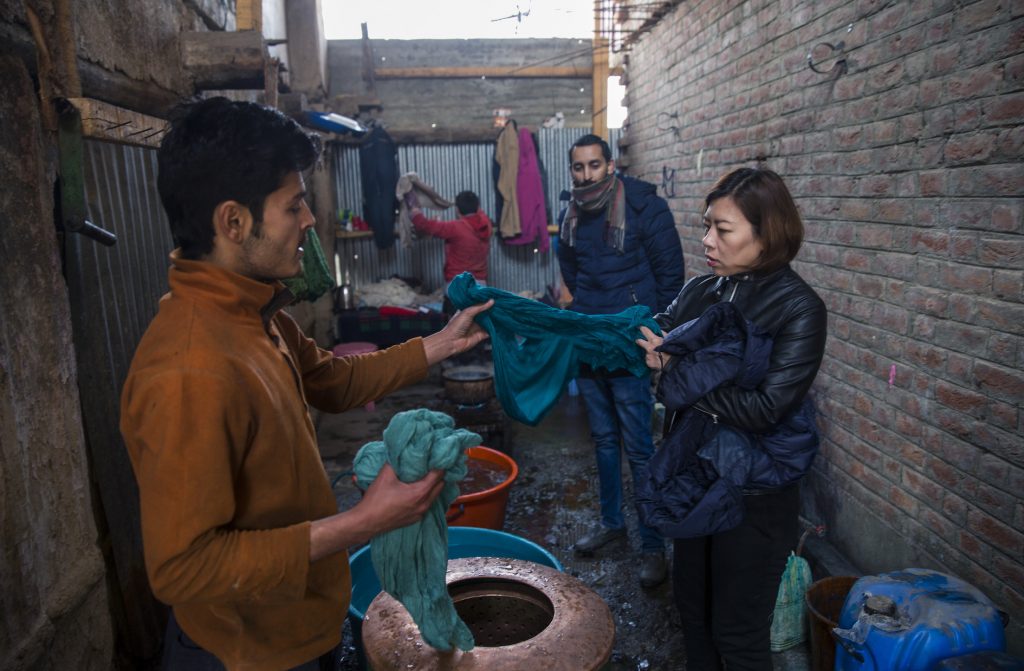


The high prices have drawn a crowd of new merchants into a niche but lucrative product category on Taobao. When Li started in 2016, there were just a handful of sellers like her. Now, there are about 30. So despite being one of Taobao’s leading cashmere merchants, she moved from Nepal to New Delhi two months ago to be closer to Kashmir and maintain her top-seller status.
“There are a lot of buyers in Nepal because the barrier to entry is relatively low,” Li said during an interview this month. “It’s easier to get a visa and, language-wise, local merchants generally can communicate in Chinese.”
“But they are engaging in serious price wars. So I chose to go to the source, go a step further upstream and break out of the [price-war cycle],” she said.
The scarves in Nepal were mass produced, according to Li, leaving little difference in product selection from merchant to merchant. But the unique craftsmanship in Kashmir offered both higher quality and differentiation, she said. Once she arrived, Li educated herself about the production process, from spinning the thread and knitting to the weaving that creates high-quality cashmere.
WATCH: What Does It Take to Make a ‘Kashmir’ Scarf?
“I couldn’t stand the idea of not seeing with my own eyes the complete process of how the scarves were made,” said Li. “They also have greater variety [in Kashmir]. If you can find 20 designs in Nepal, there might be 200 in Kashmir. When [my husband and I] came to see for ourselves, we realized this was where the finest [products] were.”
Li is among a group of globetrotting shopping agents called “Taobao buyers,” selling on the platform’s cross-border channel, Taobao Global. The channel was launched by Alibaba Group in 2007 as a low-cost, easy-to-access site that allows overseas merchants to sell into China. Now, there are 10,000 buyers showcasing products and driving sales and brand awareness for foreign merchants.
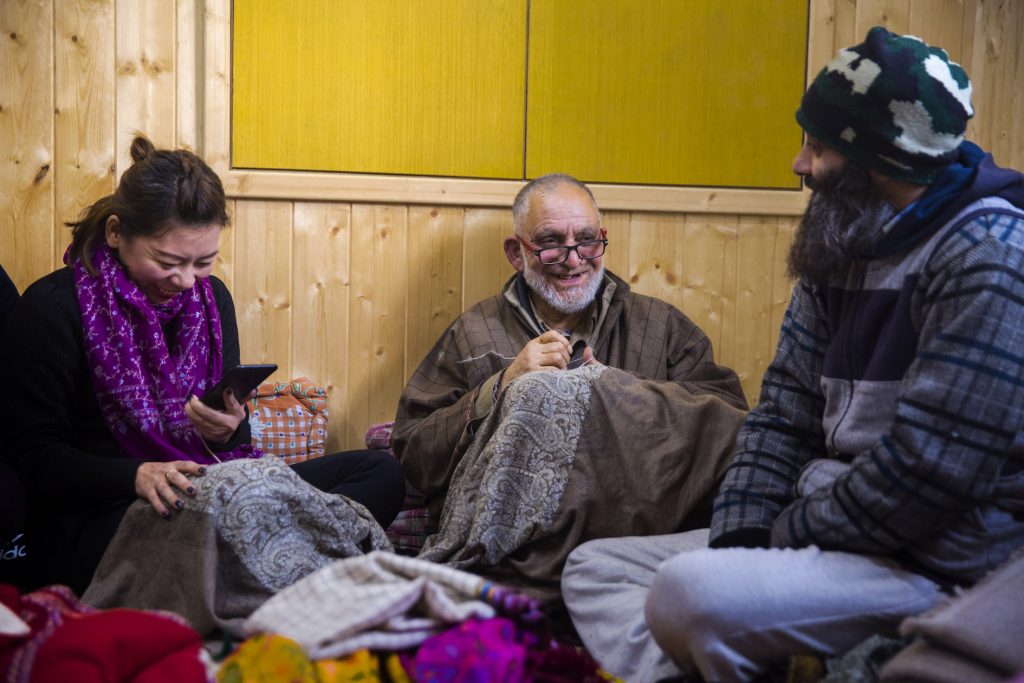


And as Taobao expands its network of store owners around the world, these buyers are opening avenues to new items and lifestyles for Chinese consumers, who have more money to spend than ever before. Moreover, China’s middle and upper-middle classes are trading up to foreign products and more unique offerings as a part of their growing sophistication. Management consultancy McKinsey & Co. previously forecast that discretionary categories would show the strongest overall growth among Chinese consumers, at 13.4 percent between 2010 and 2020, as their purchasing power continues to rise.
Buyers such as Li might be mistaken for daigou, a Chinese term for someone who travels overseas to purchase goods for resale in China. But that would be a mistake, said Chen Yingrun, operations expert at Taobao Global. In fact, they deliver more than just goods.
“They discover demands from their followers first hand and inspire people to explore new horizons, try fun things,” Chen said. “We want [them] to introduce new worlds, new things. They can inspire users’ interests and create demand.”
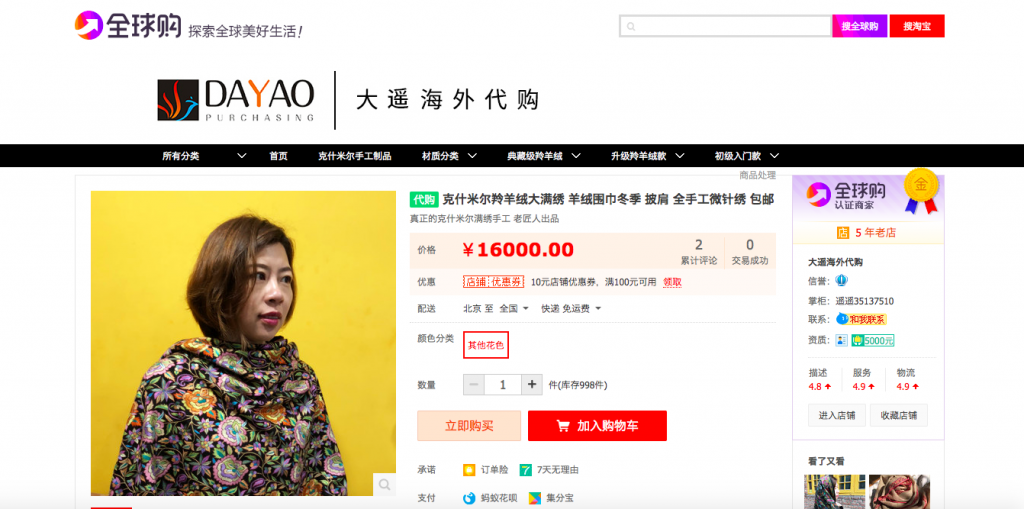


Therefore, to be a Taobao buyer Alibaba requires that the agents demonstrate strong social influence among their customers, in addition to offering unique, quality products from outside of China. Li has attracted nearly 40,000 followers since opening her store two years ago and sold about 20,000 premium scarves. At the same time, her live-streams give Chinese consumers an inside look at foreign cultures and lifestyles.
She creates jobs for her local partners, as well, who are comprised mainly of family-run studios. One of them is 75-year-old embroidery expert Gulam Hassan Bhat, from whose home Li broadcast last month. Even with 60 years of experience, he said it takes anywhere from six months to two years to finish a scarf. But with the sales Li has made, it has turned out to be worth it.
“This is incredible. I never thought the scarves I made can be sold straight from my house,” he said.
It’s not uncommon for Li’s customers to wait six months for Bhat to complete a scarf, she said, while paying the full price upfront.
“[My products] are singular, there’s only one scarf in the world with this style and pattern,” Li said. “It might come out entirely different if another artisan tried making the same one.”
